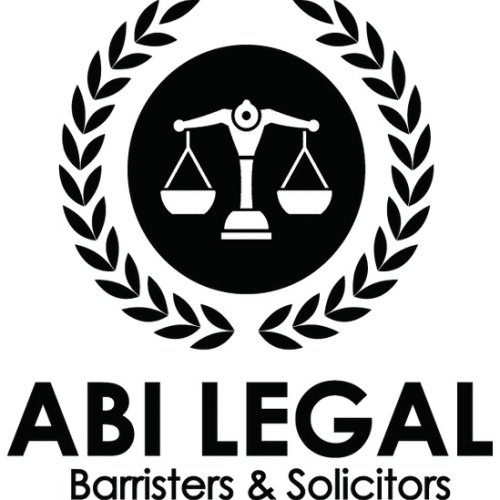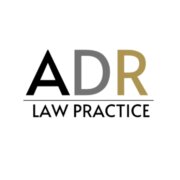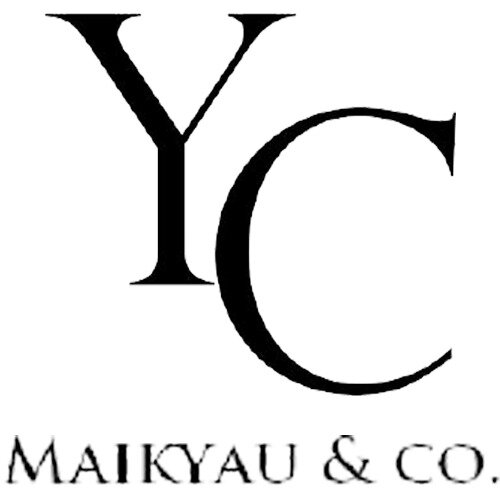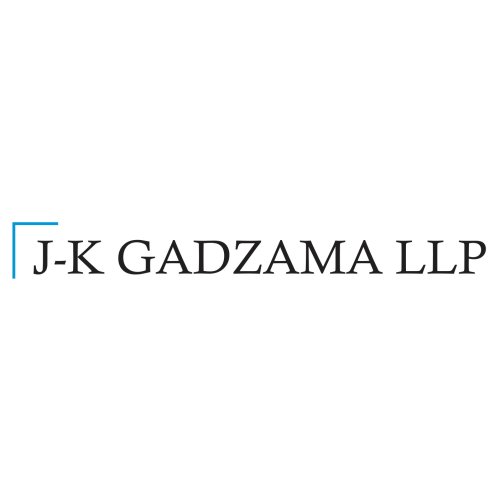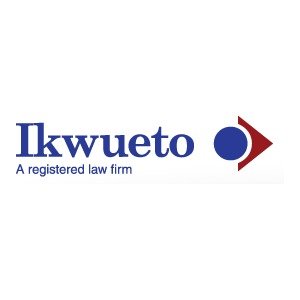Best Appeal Lawyers in Nigeria
Share your needs with us, get contacted by law firms.
Free. Takes 2 min.
Or refine your search by selecting a city:
List of the best lawyers in Nigeria
Legal guides written by Adeola Oyinlade & Co:
- Procedure and Requirements for Work Permit and Visas in Nigeria
- The Step-By-Step Procedure of How to Apply for Microfinance Bank License Online in Nigeria
- How to Ensure the Smooth Recognition and Enforcement of Foreign Judgments in Nigeria
About Appeal Law in Nigeria
Appeal law in Nigeria is part of the judiciary system that grants individuals the right to challenge the decision of a lower court if they believe it was wrongly made. The appeal process is integral as it serves as a check on the judicial system to ensure fairness and justice. Appeals can be raised on various grounds, including procedural errors, misapplication of the law, or incorrect interpretation of facts. The Nigerian appellate system is structured in a hierarchy, wherein appeals progress from the High Court to the Court of Appeal, and ultimately, the Supreme Court-the highest appellate authority in the country.
Why You May Need a Lawyer
Navigating the complexities of appeal law can be challenging for individuals without legal training. Here are some common situations where legal help might be necessary:
- If you have been convicted of a crime and believe there was an error in your trial.
- If a civil judgment was passed against you and you think the decision was unfair.
- If you are a business that faced an unjust ruling pertaining to trade or contractual disputes.
- If you want to contest decisions related to family law, such as custody disputes.
- If there were procedural missteps in the original trial that contributed to an unfavorable outcome.
- If you have evidence that was not considered in the original trial or new evidence has surfaced.
Local Laws Overview
The appeal system in Nigeria is governed by several key laws and regulations, including the Constitution of the Federal Republic of Nigeria, the Court of Appeal Act, and various procedural rules particular to different court levels. Some key aspects to note include:
- An appeal must be filed within a specific time frame, usually within 30 days of the lower court's decision.
- The grounds for an appeal must be explicitly stated, highlighting the legal and factual basis for the appeal.
- Appeals primarily work on the record of evidence presented in the lower court; new evidence is rarely permitted unless under exceptional circumstances.
- The role of appellate courts is to assess whether any legal errors were made rather than to re-hear the case in its entirety.
Frequently Asked Questions
What is the timeframe for filing an appeal?
The timeframe for filing an appeal is generally within 30 days for civil cases and 14 days for criminal cases from the date of the judgment or order.
Can I introduce new evidence during an appeal?
Introducing new evidence during an appeal is generally not allowed unless you can demonstrate exceptional circumstances that justify its inclusion.
What are the costs associated with filing an appeal?
Costs can vary depending on the complexity of the case and the court in which the appeal is filed. It is advisable to consult with a legal professional to get an accurate estimate.
How long does the appeals process take?
The duration of an appeal can vary significantly, from a few months to several years, depending on the court's caseload and the complexity of the issues involved.
Can decisions by the Supreme Court be appealed?
No, decisions made by the Supreme Court are final and cannot be appealed.
What if I miss the deadline to file an appeal?
If you miss the deadline, you must apply for an extension of time to file the appeal, providing valid reasons for the delay.
Does the filing of an appeal stay the execution of the original judgment?
Filing an appeal does not automatically stay the execution of a judgment. You must apply for a stay of execution separately.
Is it possible to withdraw an appeal once filed?
Yes, an appellant can withdraw an appeal by filing a notice of withdrawal which will then need to be consented to by the court.
Can I appeal a decision on procedural grounds alone?
Yes, procedural errors that materially affect the outcome can be grounds for an appeal.
Are oral hearings required in all appeals?
Not all appeals require oral hearings; some may be decided based on written submissions depending on the court's discretion and the case's nature.
Additional Resources
For those seeking more information about appeal processes in Nigeria, the following resources can be beneficial:
- The Nigerian Bar Association (NBA) provides legal resources and professional contacts.
- The National Judicial Council supports judicial policy and can offer guidance on procedural matters.
- State High Courts often provide information on appeal procedures for specific case types.
Next Steps
If you believe you have grounds to appeal a legal decision, the first step is to consult with a qualified legal attorney specialized in appellate law. They can help you understand the specifics of your case, guide you through the procedural requirements, and represent your interests effectively in court. To find a suitable attorney, consider seeking recommendations from trusted sources or contacting the Nigerian Bar Association for assistance.
Lawzana helps you find the best lawyers and law firms in Nigeria through a curated and pre-screened list of qualified legal professionals. Our platform offers rankings and detailed profiles of attorneys and law firms, allowing you to compare based on practice areas, including Appeal, experience, and client feedback.
Each profile includes a description of the firm's areas of practice, client reviews, team members and partners, year of establishment, spoken languages, office locations, contact information, social media presence, and any published articles or resources. Most firms on our platform speak English and are experienced in both local and international legal matters.
Get a quote from top-rated law firms in Nigeria — quickly, securely, and without unnecessary hassle.
Disclaimer:
The information provided on this page is for general informational purposes only and does not constitute legal advice. While we strive to ensure the accuracy and relevance of the content, legal information may change over time, and interpretations of the law can vary. You should always consult with a qualified legal professional for advice specific to your situation.
We disclaim all liability for actions taken or not taken based on the content of this page. If you believe any information is incorrect or outdated, please contact us, and we will review and update it where appropriate.
Browse appeal law firms by city in Nigeria
Refine your search by selecting a city.






